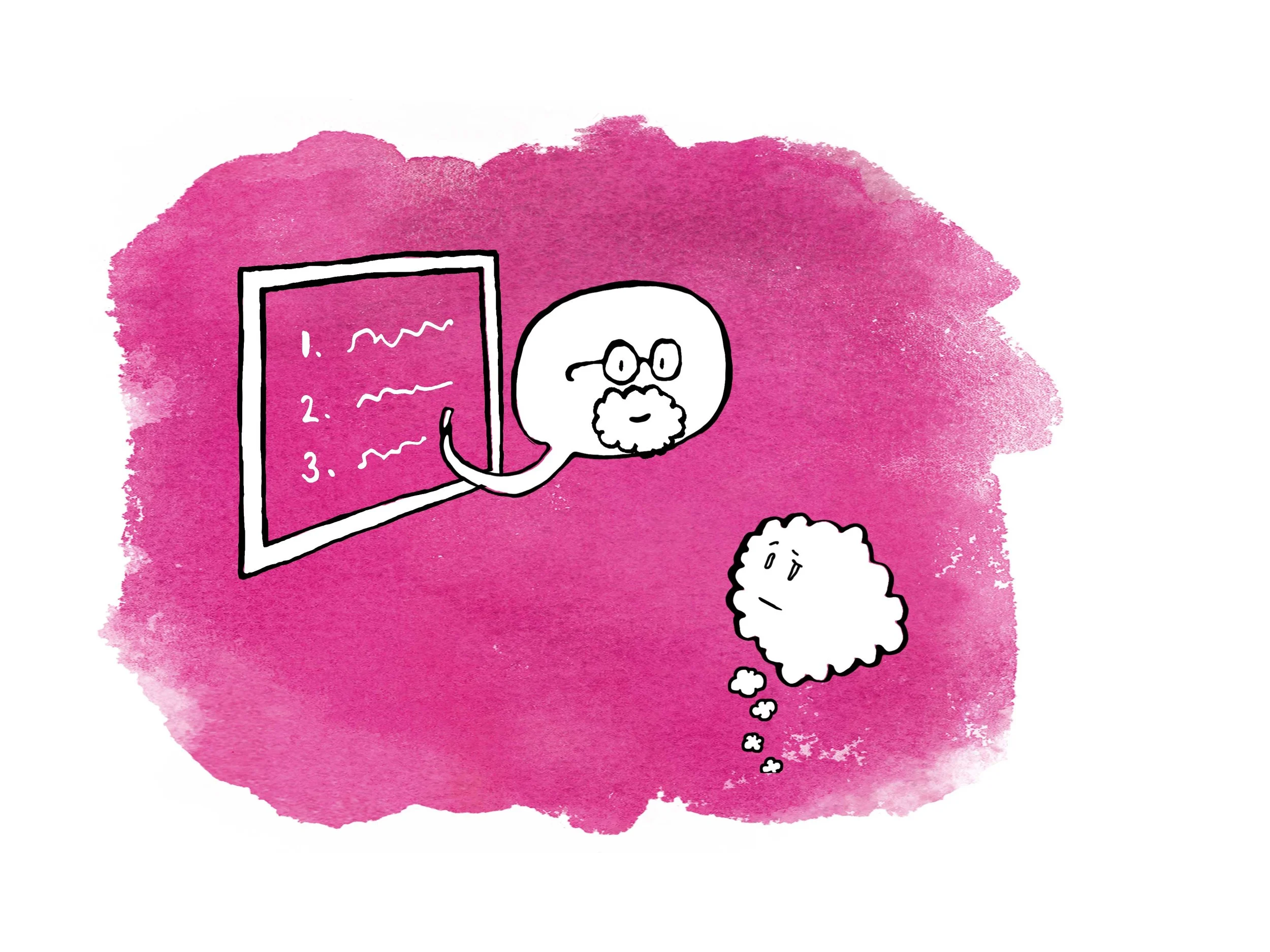Learning to be heard by Elizabeth Kennedy
The hospital room was stark—white walls, a table, and a few hard chairs. I was six years old. My mum, a Special Educational Needs teacher, had brought me in because I struggled with reading and writing. We were there to understand why.
After my mum explained her concerns to the woman assessing me, she left the room. I froze—unable to speak, unable to move. The woman grew frustrated. Eventually, she led me back out to my mum and declared, in front of everyone, “She is a fraud. She’s just being difficult.”
I didn’t know what fraud meant. But I sobbed into my mum’s big floral 1980s skirt, feeling confused and ashamed.
Thankfully, my mum never gave up on me. She worked tirelessly with me through endless workbooks and reading sessions. When I was nine, an educational psychologist diagnosed me with dyslexia. It was a relief to know I was different—not difficult, not stupid.
Throughout my childhood, I often chose silence over speaking. Sometimes I didn’t know what I was expected to say. Sometimes it felt safer not to speak. Sometimes it seemed unnecessary, and sometimes it simply wasn’t wanted. It was easier not to get it wrong.
That’s why my parents thought drama wouldn’t suit me.
Instead, I had ballet lessons—and I loved them. They were my escape. A way to express myself, to connect with others. No need for words.
When I was twelve, I wrote the word listen in tiny pencil letters on my bedroom wall. I didn’t want to get in trouble, but I needed to mark the moment. I had realised that people didn’t always understand what I wanted, and decisions were often made for me. The problem was, I wasn’t speaking up. It’s hard to listen to someone who doesn’t speak, I thought.
So I began to push myself to speak. And I managed it—though it came with panic attacks.
By eighteen, I had earned enough money to pay for private drama lessons. Later, after a few detours, I studied drama as part of my degree.
Image created by Adam Douglas-Bagley
Now, I know that self-expression—and especially expression through drama—isn’t just about remembering the words. We communicate with our whole selves, all the time. And I’ve spent my life learning how to be heard, and still learning!
Looking back, I would have been an ideal candidate for Speech Bubbles. Equipping children to communicate fully and meeting them where they are is at the heart of the programme. Every person deserves a voice, to be heard, and to be able to communicate—whatever that looks like for them. Taking the time to listen and value communication isn’t just a kindness; it’s a fundamental strength of any thriving society.



